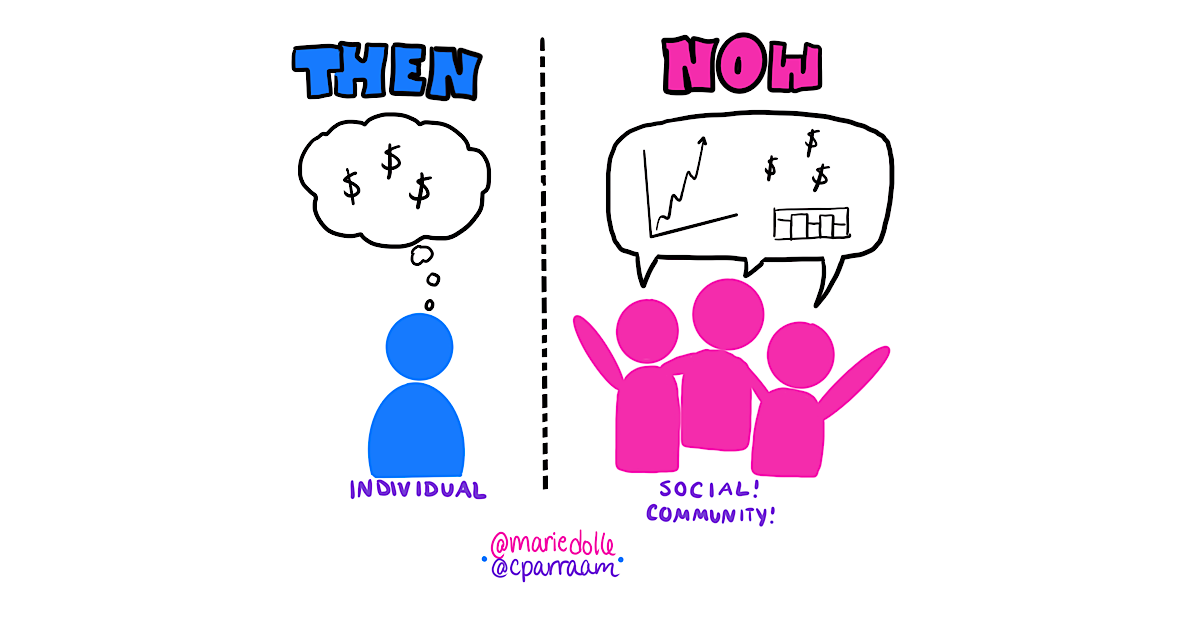Bring In The Social… FinTech Is Getting Wavy!
By Marie Dollé
There's a cultural generalization that talking about money should be taboo, but the reality is that the topic of finance fires up curiosity and conversation. Social dynamics shake up and accentuate interactions around money in younger generations between friends or within communities. Fintech, which has been witnessing this social upheaval in recent years, now offers new community experiences.

Read the full story
Sign up now to read the full story and get access to all posts for paying subscribers only.
Membership
Already have an account?
Sign in


